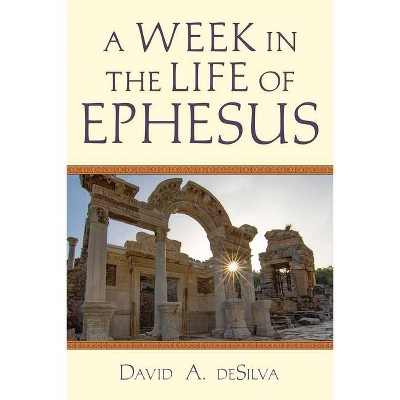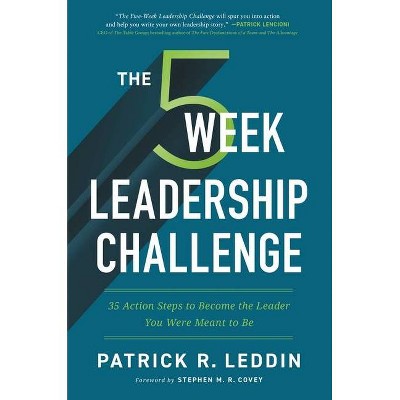The Week - by David M Henkin (Hardcover)

Similar Products
Products of same category from the store
AllProduct info
<p/><br></br><p><b> About the Book </b></p></br></br>An investigation into the evolution of the seven-day week and how our attachment to its rhythms influences how we live<p/><br></br><p><b> Book Synopsis </b></p></br></br><b>An investigation into the evolution of the seven-day week and how our attachment to its rhythms influences how we live</b> <p/><b>"This book grounds a great historical fact--the persistence of the seven-day week--in intimate histories of the consciousness of time in the past. Proust would be pleased. So will the general readers."--Thomas Laqueur, author of</b><i><b> The Work of the Dead</b></i> <p/> We take the seven-day week for granted, rarely asking what anchors it or what it does to us. Yet weeks are not dictated by the natural order. They are, in fact, an artificial construction of the modern world. <p/> With meticulous archival research that draws on a wide array of sources--including newspapers, restaurant menus, theater schedules, marriage records, school curricula, folklore, housekeeping guides, courtroom testimony, and diaries--David Henkin reveals how our current devotion to weekly rhythms emerged in the United States during the first half of the nineteenth century. Reconstructing how weekly patterns insinuated themselves into the social practices and mental habits of Americans, Henkin argues that the week is more than just a regimen of rest days or breaks from work, but a dominant organizational principle of modern society. Ultimately, the seven-day week shapes our understanding and experience of time.<p/><br></br><p><b> Review Quotes </b></p></br></br><br><p>"[Henkin's] new book shows how the week came to rule the world."--<i>The Economist</i></p> <p/>"This book grounds a great historical fact--the persistence of the seven-day week--in intimate histories of the consciousness of time in the past. Proust would be pleased. So will the general readers."--Thomas Laqueur, author of<i> The Work of the Dead</i> <p/>"Given today's high-wattage lifestyle, the week, among other traditional temporal rhythms, stands endangered as a barrier against the banality of quotidian life. The implications of Henkin's powerful insights are bracing."--A. Roger Ekirch, author of <i>At Day's Close: Night in Times Past</i> <p/>"David Henkin works wizardry in the archives to give us the surprising story behind the week's rhythms. Preachers, workers, brides and school children have all felt the beat of the week. Henkin reminds us what we miss when our weekly rhythms are lost in a plague year or battered by a timeless internet."--Ann Fabian, author of <i>The Skull Collectors</i> <p/><br><p/><br></br><p><b> About the Author </b></p></br></br><b>David M. Henkin</b> is Margaret Byrne Professor of History at the University of California, Berkeley. His previous books include <i>The Postal Age</i>, <i>City Reading</i>, and (with Rebecca McLennan) <i>Becoming America: A History for the 21st Century</i>. He lives in San Francisco, CA, and Bozeman, MT.
Price History
Price Archive shows prices from various stores, lets you see history and find the cheapest. There is no actual sale on the website. For all support, inquiry and suggestion messagescommunication@pricearchive.us



















